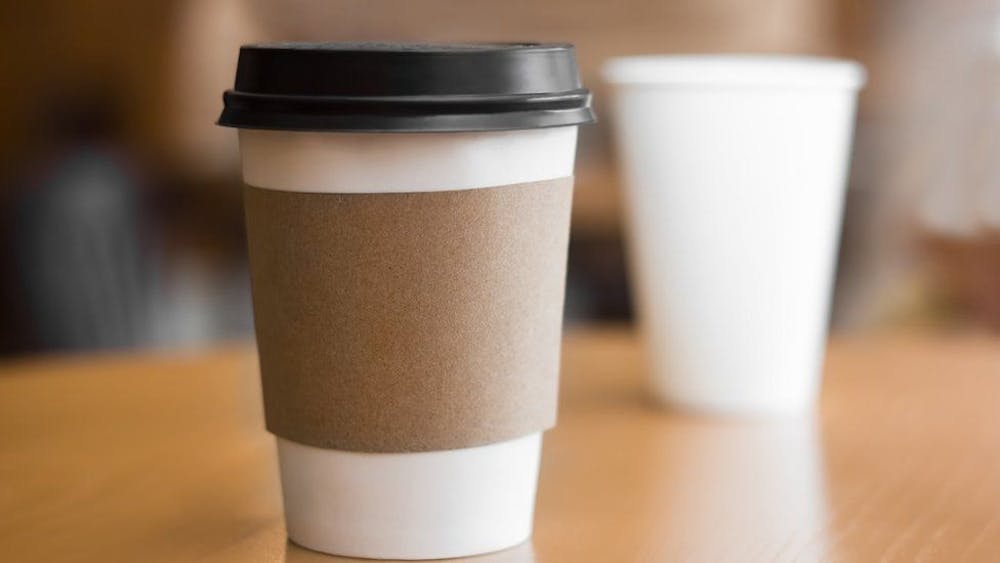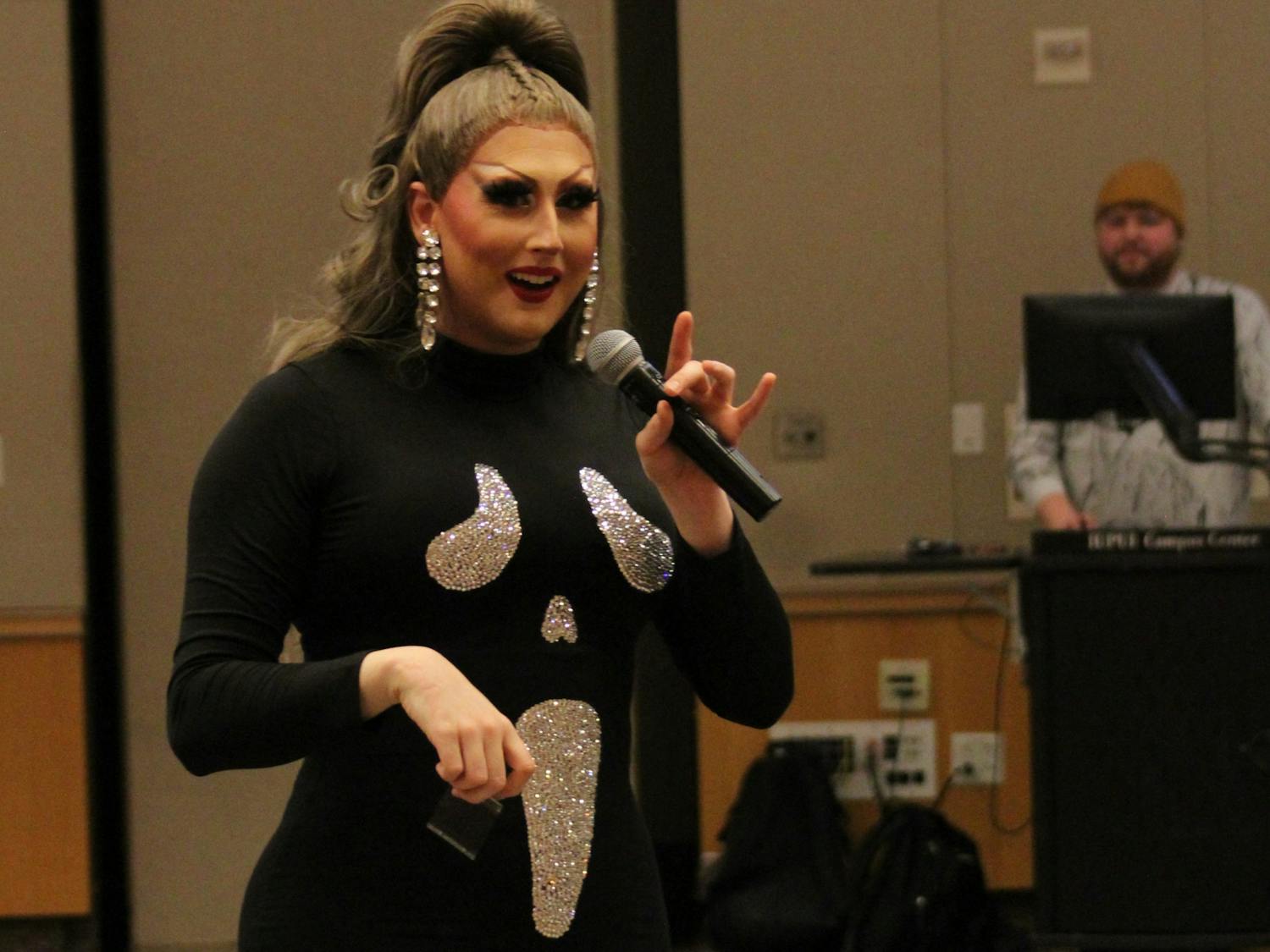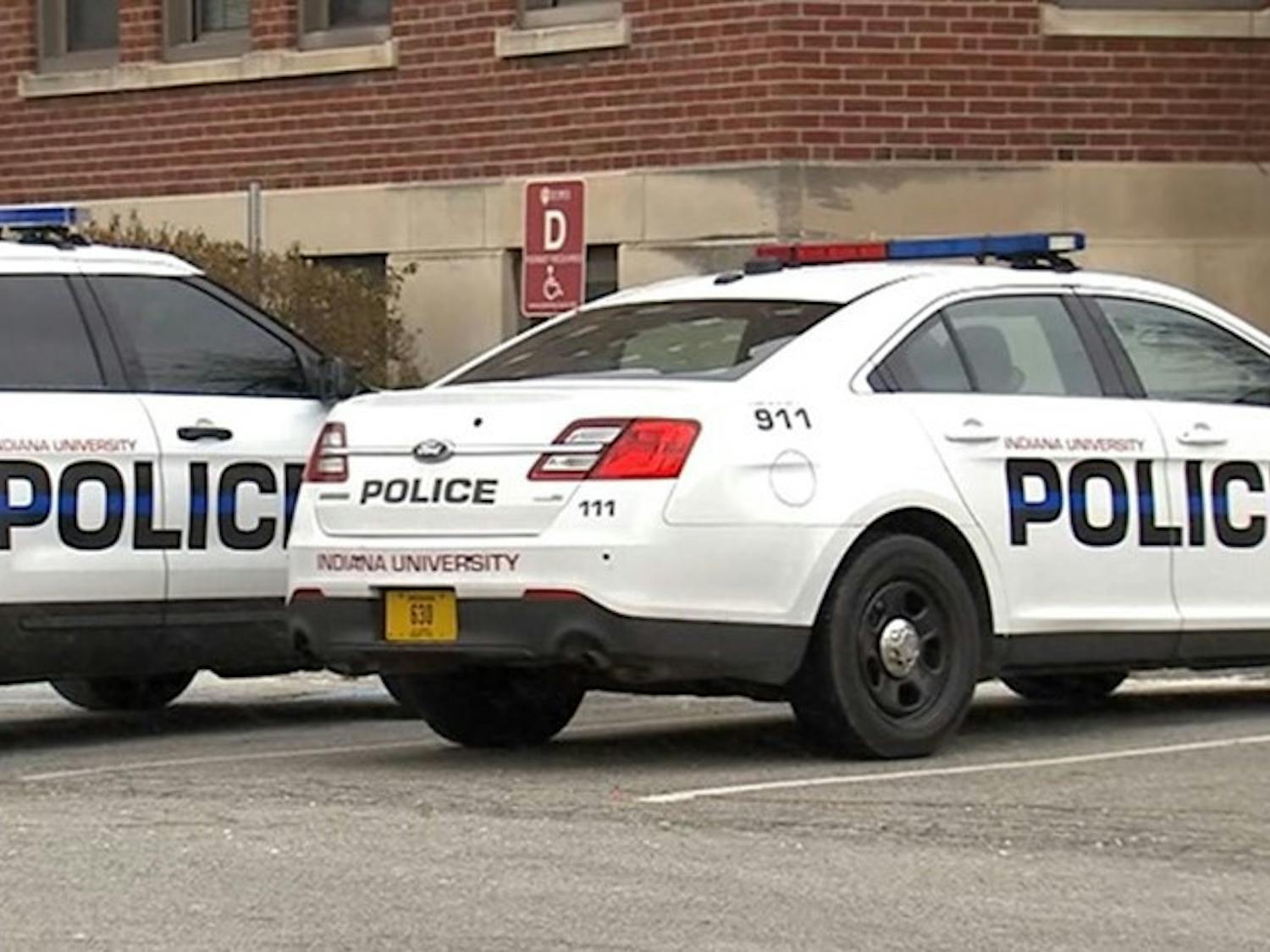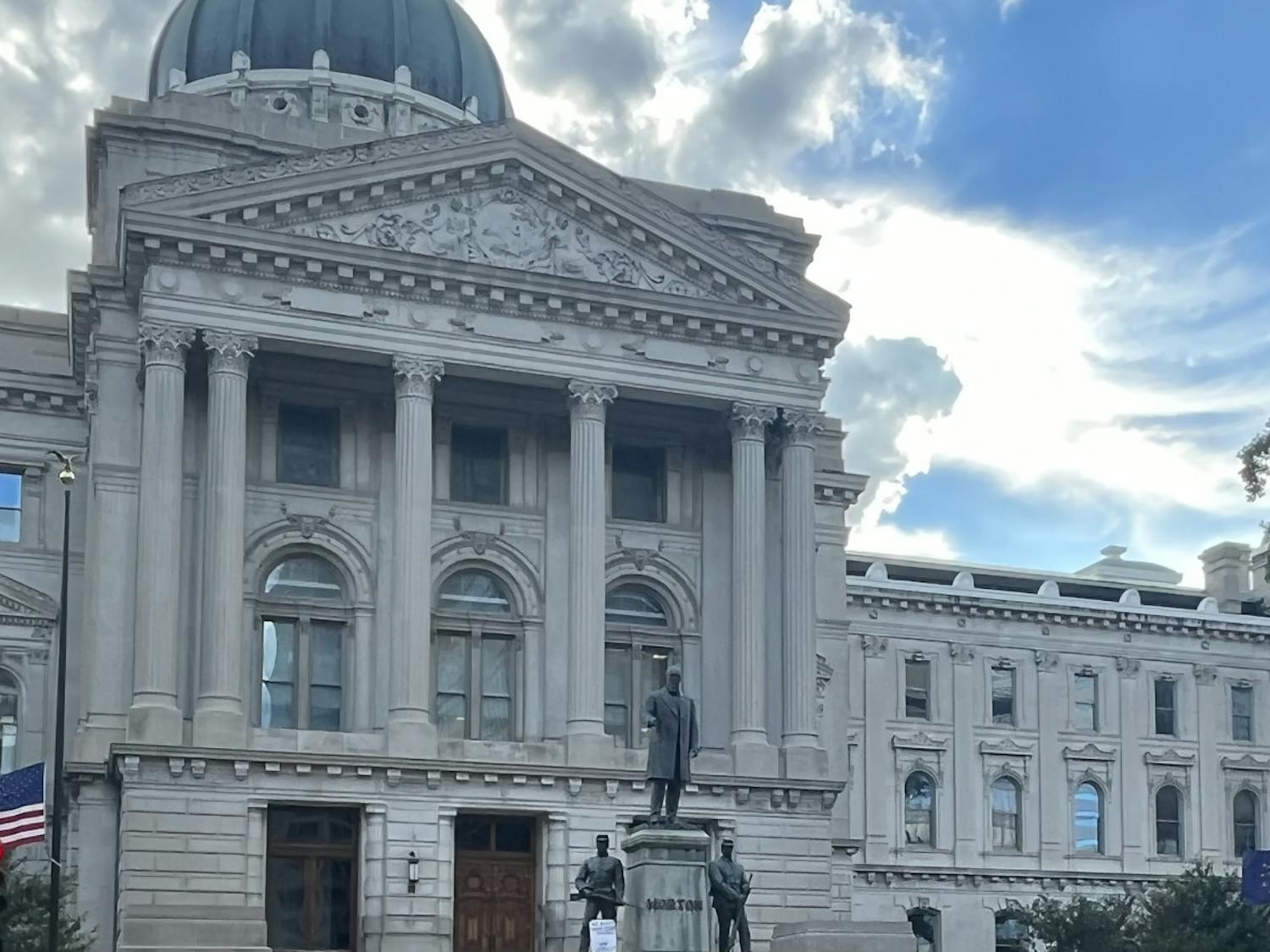Every college student knows the feeling of having one million and one things to do and never enough time to do all of them.
Many turn to energy drinks, teas and coffees to give them an extra boost. However, many students likely do not know what they are consuming, or if it is even beneficial.
“Caffeine is an organic compound, meaning, lots of carbons, nitrogens and oxygens. It stimulates your heartbeat and your central nervous system,” Kathleen Marrs, an associate biology professor at IUPUI said. “It increases the production of something called cyclic AMP, which is a signaling molecule that your body uses to have a particular response that provides your body with energy.”
Although caffeine is an organic compound, it can affect the human body in many different ways. Caffeine’s best known effect is energy, although in reality, it simply masks the effects of tiredness.
“When you drink caffeine, certain cells in your body, like your nervous system, get stimulated, and they actually produce more of this molecule that’s going to cause your body to be more alert and be a little more focused on certain tasks,” Marrs said.
Survey of 118 IUPUI Students
Based on a survey sent out to IUPUI students through the class of 2025 Facebook group and via Marrs’ classes,102 students said that they consume on average anywhere between 0-2 caffeinated drinks per day (out of 118 respondents). Taken at face value, it may not seem all that much, but the amount of caffeine contained in one cup of coffee is about 95 milligrams (mgs) and espresso contains about 80 mgs in a two-ounce shot. Most students said they consume coffee as their drink of choice.
An average person should consume no more than 200-300 mgs of caffeine a day, but based on research from Villanova University, college students consume upwards of 400-500 mgs of caffeine a day. This can result in some unintended side effects.
“As you know, too much isn’t a good thing,” Marrs said. “A lot of research has shown that caffeine is very beneficial in moderate doses, meaning a cup or two of strong coffee will help you be more alert and focused during the day. Too much and you get jittery and nervous, your heart starts racing and you find it hard to concentrate.”
Even though the percentage of daily caffeine consumption is high among college students, many students do not realize how high it actually is.
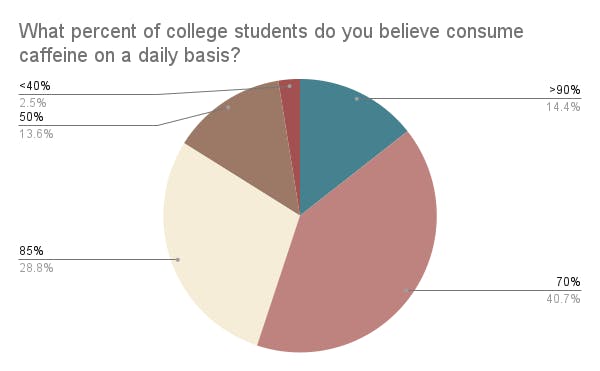
Survey of 118 IUPUI students
A research article published by Clinical Nutrition found that 92% of college students drink caffeine on a regular basis (based on a poll of 1,248 college students). In comparison, according to the IUPUI campus survey of 118 students, 48 respondents believed that 70% of students consume caffeine on a daily basis.
Freshman biology and forensics double major Jacqueline Bozinovski does not think energy drinks feel beneficial, either.
“Energy drinks are a slippery slope. They are a different beast altogether in comparison to coffee. Most have all your daily caffeine intake in one can,” Bozinovski said. “Usually this comes in the forms of vitamins or enzymes like Vitamin B or CoQ-10. It masks the underlying problem of having a high amount of caffeine in your body all at once. At least for me, this made me feel like I could drink more, only making this problem worse.”
There are multiple reasons why college students drink so much caffeine, says Marrs.
“I think one reason college students might do it is because, as young adults, they’re starting to have that sense of burning the candle at both ends. I imagine it’s because they know they have a busy life, and they’re trying to maximize feeling energetic for as many hours as possible,” Marrs said.
In addition to trying to maximize productivity throughout the day, there are other reasons students might drink caffeine.
“I would say that there’s a social aspect of having something with you. It feels good,” Marrs said. “I also think, all things given equal, people will go for the caffeinated one just because they sense that there might be that little added benefit to getting a little boost of caffeine.”
Exposure might also play a role in college students consuming caffeine at this rate. Whether it is from parents/guardians or the media, these types of beverages seem to be everywhere.
Research done by Cambridge University found that energy drinks were perceived to target younger age groups Additionally,an analysis of advertising airtime over U.S. TV channels found that energy drink companies advertise on channels meant for adolescents.
“Yes, there’s a push for ‘workaholic culture’ and keeping up with everything while also maintaining work-life balance or having it all. And with TikTok trends, with people making fancy coffee and tea and getting the new Starbucks cup and double star day, there’s definitely a media push for it,” Bozinovski said.
Energy drinks, coffees and caffeinated soft drinks are extremely popular ways to give the body an extra boost when needed, but there are better alternatives than turning to caffeine.
“One is going for a walk. Getting outside and getting a little bit of fresh air and physical energy, they say, can wake you up. Just getting that kind of oxygen and breathing and getting your muscles going,” Marrs said. “If you just go for a walk, so that you get a break, you stand up, you take a physical-mental break, you get away from our desk, or away from the library or whatever, I think can be very refreshing.”
Another alternative is changing your work environment to promote productivity.
“Just put yourself in an environment where you feel productive, and you don’t feel like you have to have a beverage alongside you to feel productive. So a change of environment, standing up and doing a little bit of physical activity, I think can help. Don’t be in a place where it’s too comfy and dark. Sometimes it’s a little too comfy,” Marrs said.
Abigail Godsen (she/her) is a freshman majoring in Communication Studies. She is a campus reporter for The Campus Citizen.

